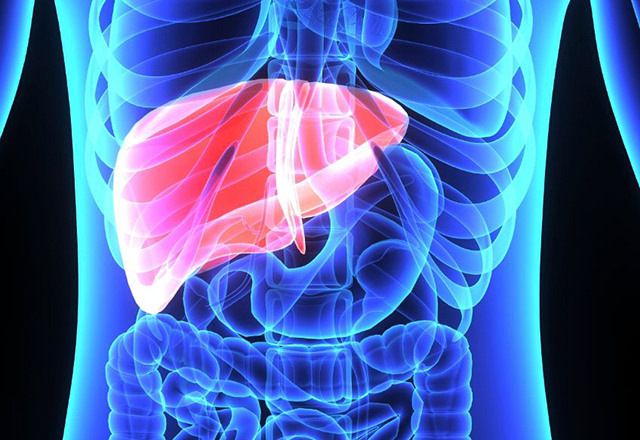A rare three-way exchange of liver transplants in Pakistan was made possible with a new algorithm developed by a Stanford Medicine student.
December 7, 2022 – By Nina Bai
In some countries, cultural norms limit the availability of organs from deceased donors. An algorithm devised by Stanford Medicine’s Alex Chan can increase the number of transplants through a liver exchange.
Marko Aliaksandr/Shutterstock.com
On March 17 of this year, six operating rooms at the Pakistan Kidney and Liver Institute were prepped for six simultaneous surgeries. On three operating tables were patients with end-stage liver disease. On the other three were their relatives — a daughter, a son and a wife — who had agreed to donate a portion of their livers. Read more from Stanford Medicine News Center.








